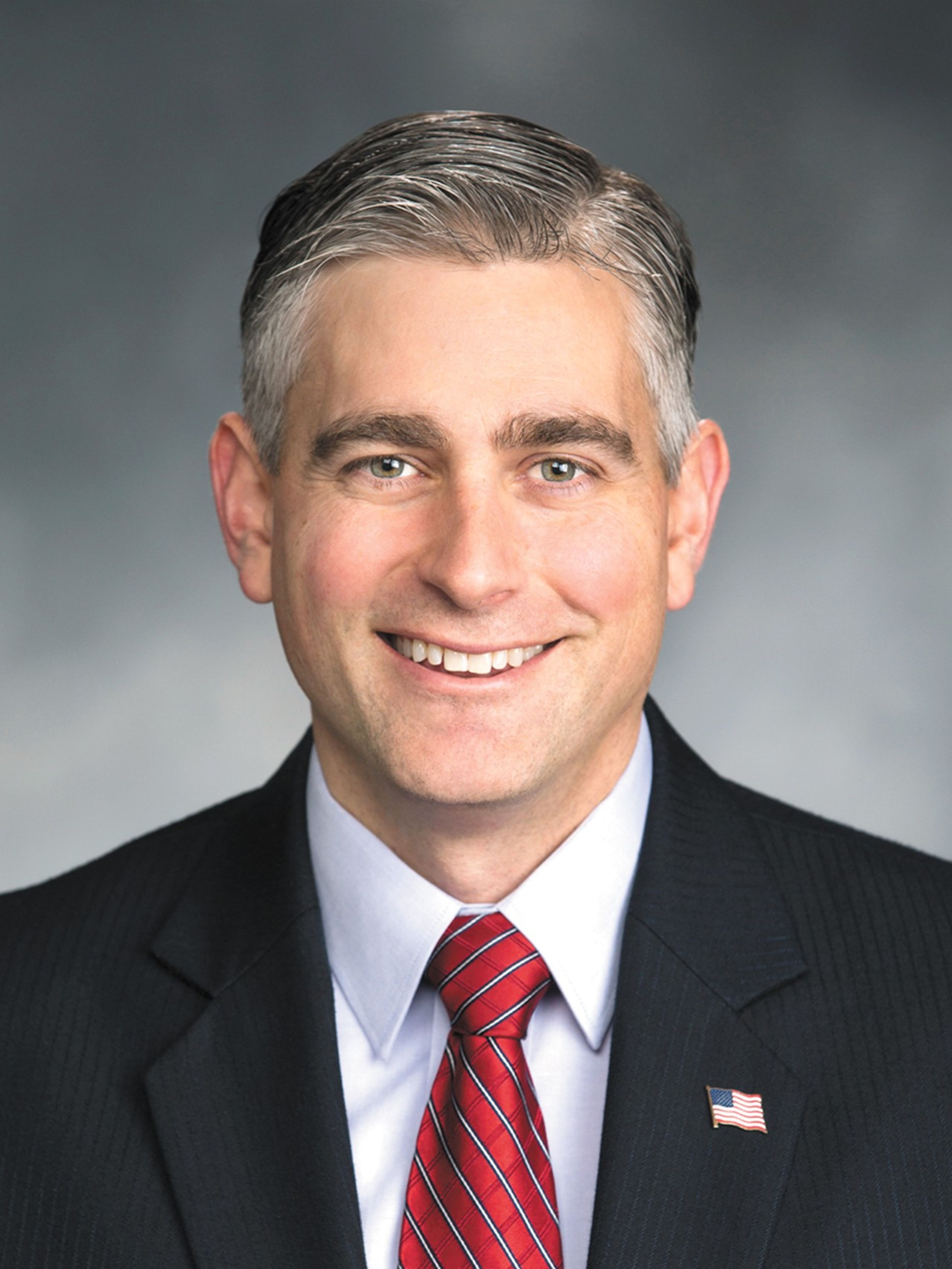WSU combats rise in substance, sex abuse
Healthy, safe students are a priority, officials say
Officials at Washington State University say they will do more this fall to ensure Cougar freshman are prepared to make safe and healthy choices when they enter the Pullman social scene for the first time.
John Fraire, WSU's vice president of student affairs and enrollment, said the emphasis on student safety results from an increase in alcohol, drug and sex abuse taking place on the Pullman campus and throughout the country in recent years.
"We aren't any different from any other major university, but we do have a rising number of students involved in alcohol, drug and sex abuse," Fraire said last week at a meeting of the school's Administrative Professional Advisory Council. "We want to focus on that and expand our efforts."
Culture change
At WSU Health and Wellness Services, coordinator Paula Adams said creating a safe environment is the work of the entire campus community. That is why, beginning this fall, every incoming freshman will participate in a mandatory orientation session to discuss topics related to sexual abuse. Adams said students at the session will learn about WSU's rules regarding sexual misconduct, and they will talk about the effect alcohol can have on a person's decision-making abilities. The freshmen also will be given a list of counselors and other resources available in the area.
"There will be multiple programs and policies involved," Adams said. "There isn't just one office working on this. People all around campus are addressing this issue in terms of prevention as well as response. It's a collaborated effort."
Adams said it is important to ensure plenty of resources are available to students, many of whom do not report instances of sexual abuse.
"Historically (sexual assault) has been significantly under-reported on campuses throughout the country," Adams said. "Based on what we know, we've been estimating that hundreds of incidents are happening on our campus every year, but we've never had reporting to match that level."
Lately, however, she has noticed that more students are coming forward to inform officials about sexual misconduct.
"Maybe these students are coming to us with more education once they get to campus," Adams said. "And we've done some things educationally in the last couple of years that maybe have encouraged students to report more."
Prescription drugs
Patricia Maarhuis, a coordinator for WSU's Alcohol and Drug Counseling, Assessment, and Prevention Services (ADCAPS), said she has not noticed an increase in alcohol abuse on campus, but she has heard about more prescription drug abuse in recent years.
"There is a national trend in terms of substance abuse in regard to prescription drugs," Maarhuis said Monday. "(At WSU) we started hearing students talking about it more, or we'd have students come in for detoxification and they'd have multiple substances on board including prescription medications."
People have abused prescriptions for decades, Maarhuis said, but the habit seems more "pronounced" within the newest group of college students.
"We're seeing it more in this population," she said. "It is a trend for this particular generation that's taking off. ... We're seeing it starting in high school and junior high."
Some students are actually prescribed the medication, but they may not use the drugs as directed. Or they may "divert" the pills from a parent's medicine cabinet before they head off to school. But Maarhuis is most concerned that students will overuse the pills, or mix them with other substances like alcohol - a dangerous practice according to Maarhuis. She has been part of WSU's new prescription drug program through which students are educated about medications. The ADCAPS website also offers services for students struggling with alcohol or substance abuse. For more information visit adcaps.wsu.edu.
Katie Roenigk can be reached at (208) 882-5561, ext. 301, or by email to kroenigk@dnews.com.







